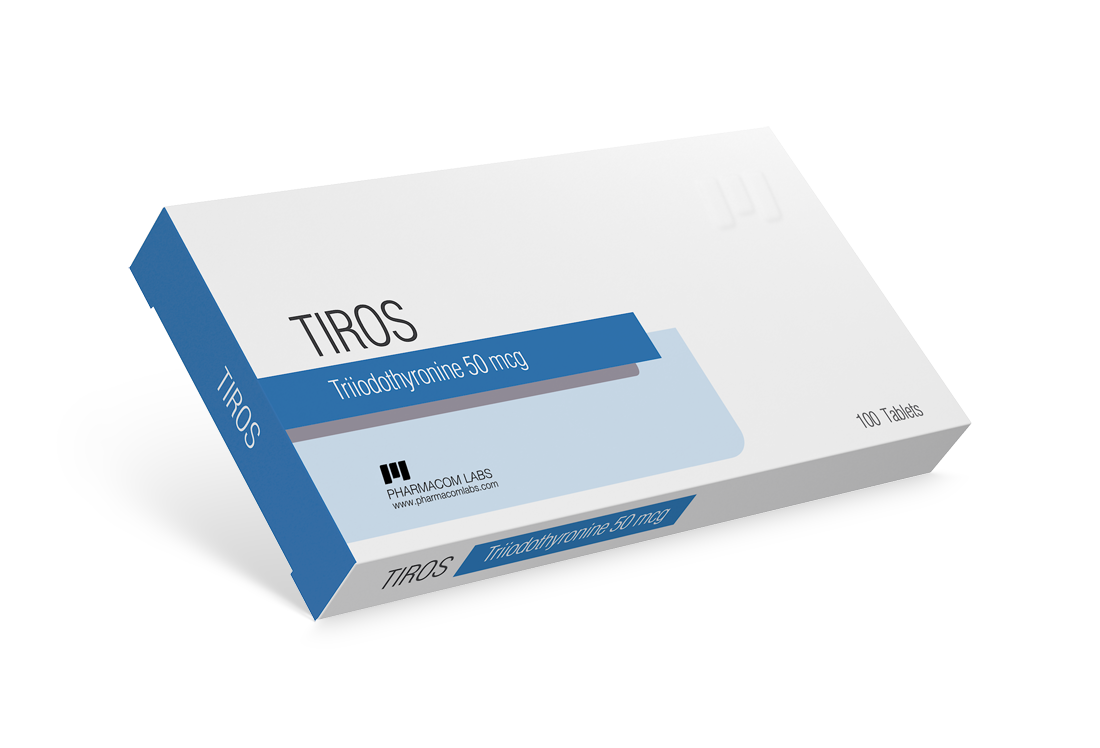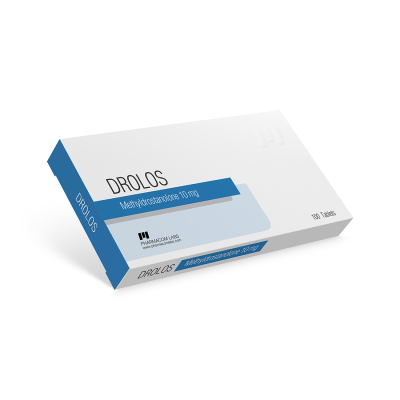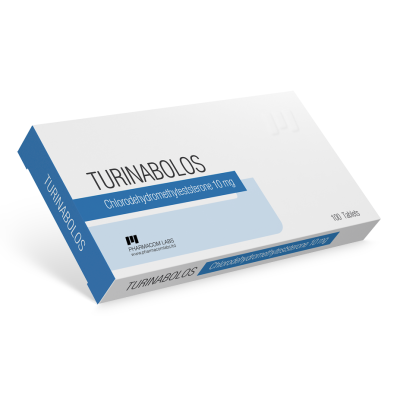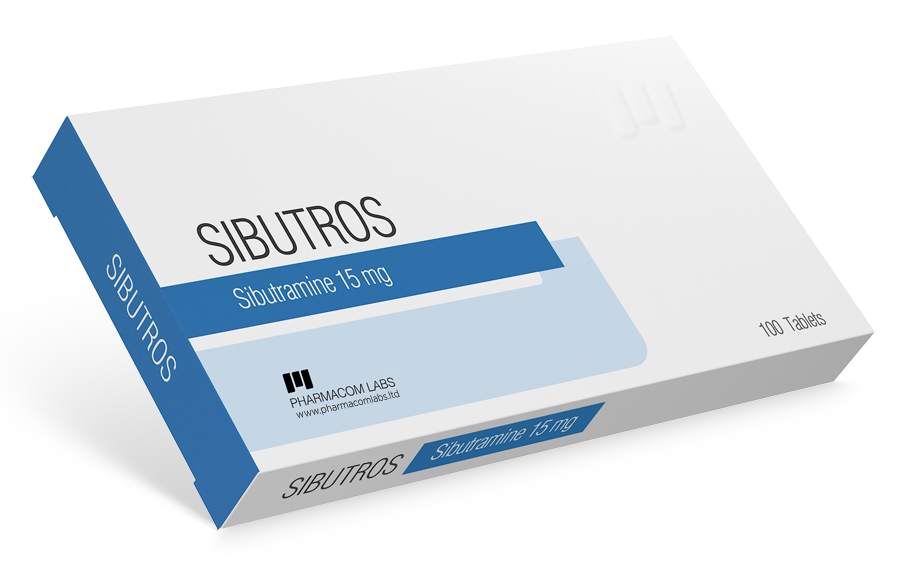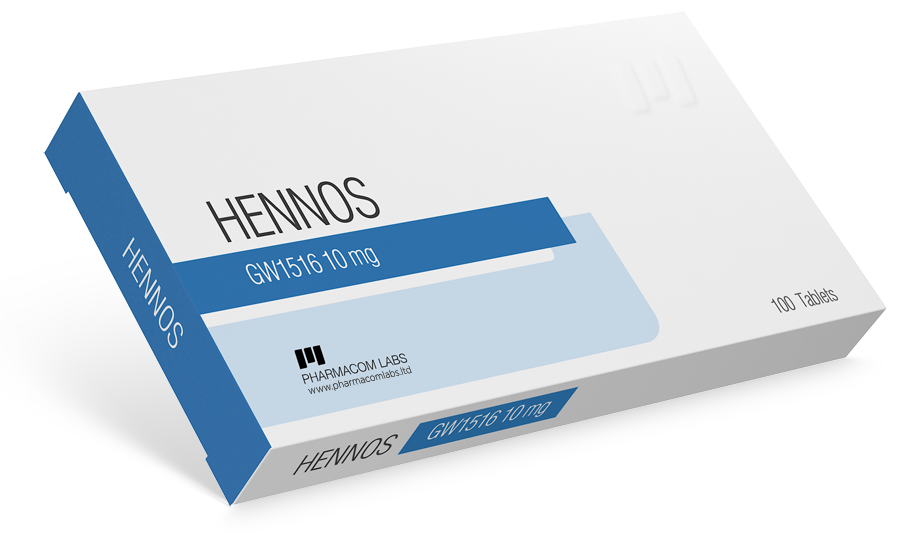Triiodothyronine, also known as T3, is a thyroid hormone, that greatly affects almost every physiological process in the body, including growth and development, metabolism, body temperature, and heart rate.
This hormone is involved in many cellular functions including the metabolism of carbohydrates, fats and proteins. When an individual is no longer producing enough of this hormone on his own, such as when suffering from hypothyroidism, the metabolism does not function properly. When suffering from hypothyroidism, the individual will find body fat gain to be very common and fat loss becomes extremely difficult. The individual also often experiences a loss of energy and even hair loss in some cases. By supplementing with T3 this provides the body with the thyroid hormone it needs and the problem is solved.
It generally only takes a low dose of T3 to treat hypothyroidism. This will not necessarily promote enhanced fat loss, but it should return the metabolism back to proper working order. However, many performance enhancing athletes enjoy using triiodothyronine to in fact enhance direct fat loss. The use of Triiodothyronine alongside a calorie restricted diet will promote significant and accelerated fat loss. While effective, generally this type of use cannot be recommended without the use of anabolic steroids. Due to the necessarily higher doses needed to promote enhanced fat loss and due to the depletion of ATP (Adenosine triphosphate), this can promote lean tissue loss. The body will take whatever it needs from wherever it can get it to meet its energy demands. For this reason, an anabolic protectant is normally advised when supplementing with T3 for this purpose.
Effects
T3 increases the basal metabolic rate and, thus, increases the body’s oxygen and energy consumption.
Protein
T3 stimulates the production of RNA Polymerase I and II and, therefore, increases the rate of protein synthesis. It also increases the rate of protein degradation, and, in excess, the rate of protein degradation exceeds the rate of protein synthesis. In such situations, the body may go into negative ion balance.
Glucose
T3 potentiates the effects of the β-adrenergic receptors on the metabolism of glucose. Therefore, it increases the rate of glycogen breakdown and glucose synthesis in gluconeogenesis.
Lipids
T3 stimulates the breakdown of cholesterol and increases the number of LDL receptors, thereby increasing the rate of lipolysis.
Heart
T3 increases the heart rate and force of contraction, thus increasing cardiac output, by increasing β-adrenergic receptor levels in myocardium. This results in increased systolic blood pressure and decreased diastolic blood pressure. The latter two effects act to produce the typical bounding pulse seen in hyperthyroidism.
Before taking this drug, we strongly recommend to perform a blood work and find out your TSH, T4, T3 serums!
It is also important to stress that a cycle should last no longer than 6 weeks and it should never be halted abruptly. As slowly as the dosage was built up it should also be lowered, 15-25 mg every 3-4 days.
- Chemical name(2S)-2-amino-3-[4-(4-hydroxy-3-iodophenoxy)-3,5-diiodophenyl]propanoic acid
- FormulaC15H12I3NO4
ACTIVE HALF-LIFE |
CLASSIFICATION |
DOSAGE |
ACNE |
|---|---|---|---|
1 day |
Thyroid hormone |
25-75 mcg/day |
No |
WATER RETENTION |
HBR |
HEPATOXITY |
AROMATIZATION |
No |
Yes |
No |
No |
